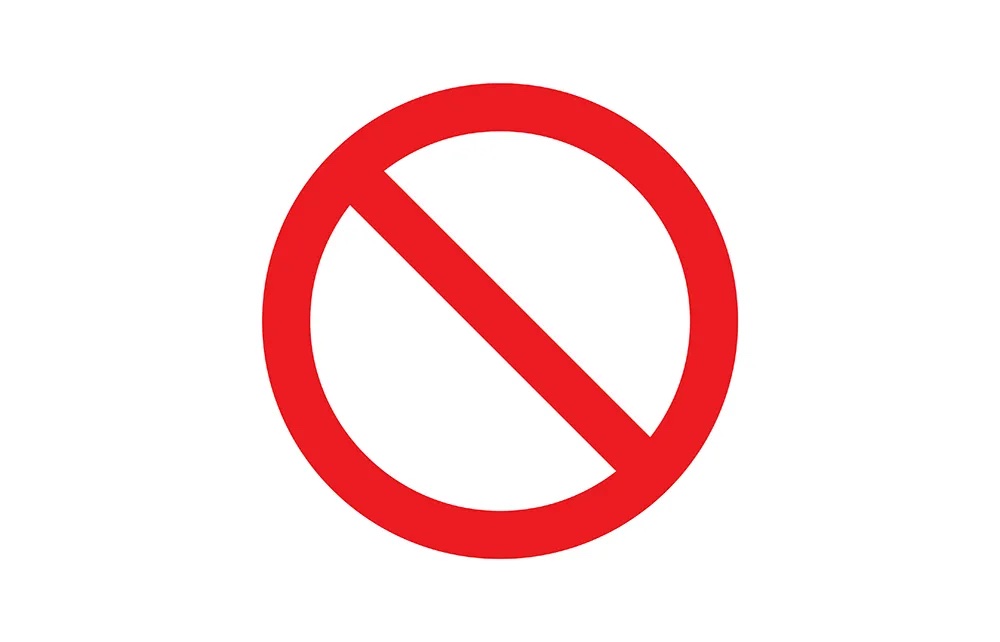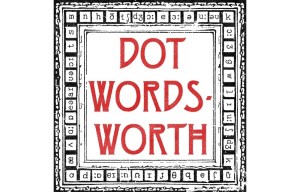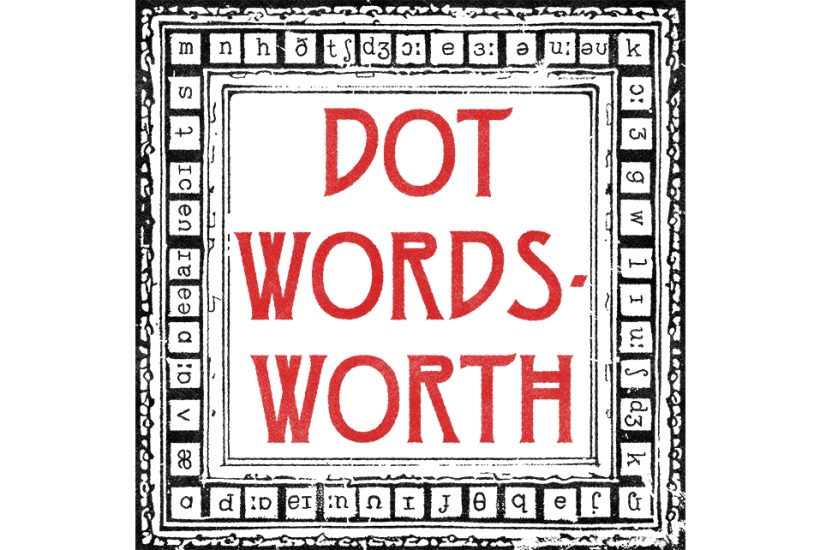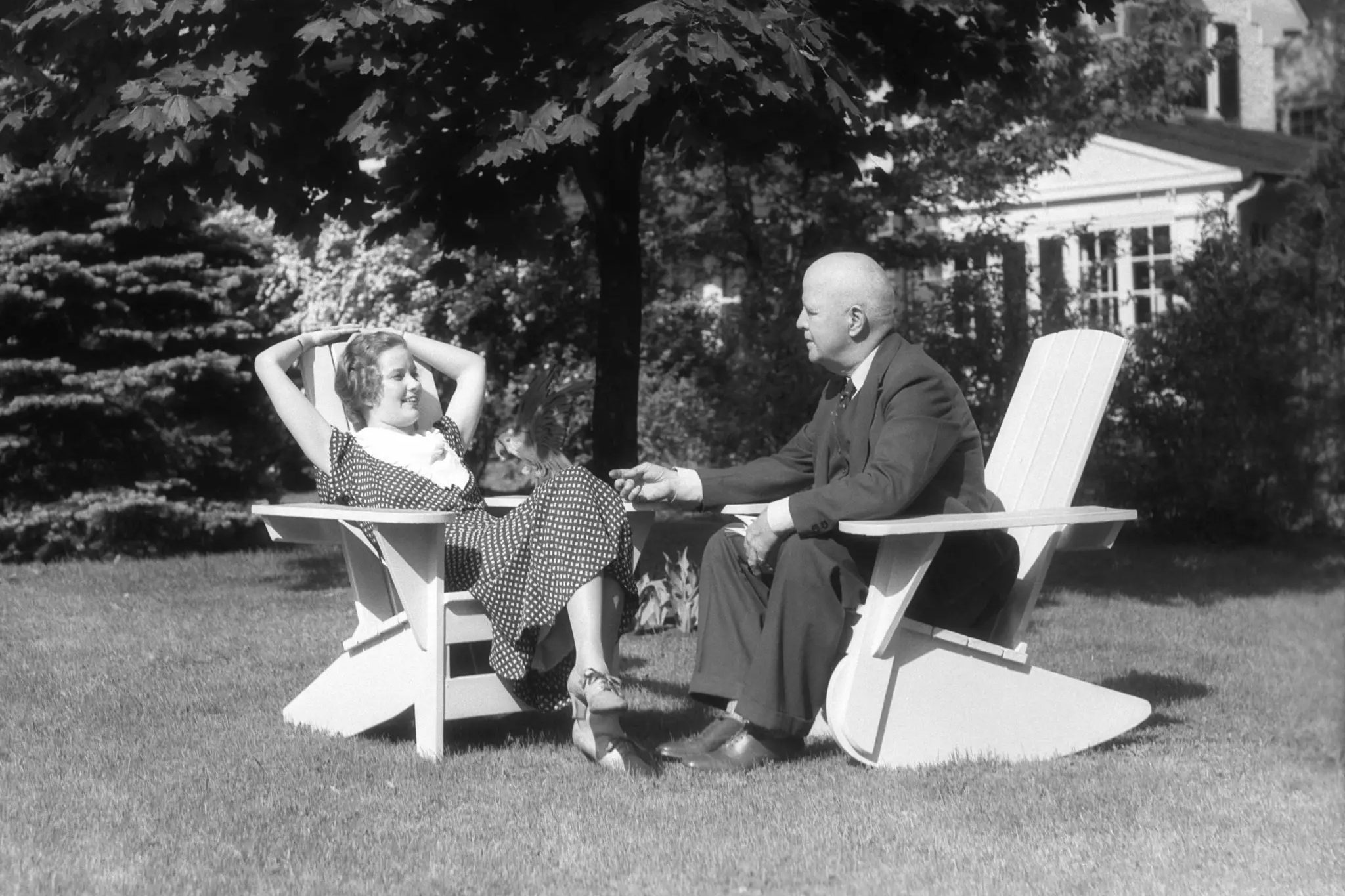Why do people say: “You might very well think that; I couldn’t possibly comment”? Are they using it as they would a Shakespearean quotation such as “The lady doth protest too much?” Or do they think that by speaking the line made famous by Ian Richardson in the original House of Cards they generate wit anew so that some rubs off on them and cheers the conversation?
I wondered whether I was encountering second-hand humor from some television series when I began to notice the phrase Wait. What? It tends to be used archly, as though for an invisible audience. My husband finds it used on X, that social media platform for the elderly. Sometimes it is accompanied by a gif of a kitten or someone from Friends emoting skepticism.
It is the verbal equivalent of a double take. There seems to be no television origin for it, but it is no less annoying for that. So it was some consolation to discover the phrase on the list of banished words issued annually since 1976 by Lake Superior State University at Sault Ste. Marie in Michigan. (Sault Ste. Marie in Ontario is separated from it by St. Mary’s River.) I think the banished words list started as a means of attracting publicity, along with the pleasing tradition of setting fire to a snowman on the first day of spring. The snowman is made of paper.
Wait. What? was banished, not entirely successfully, by the university in 2022. Other banished words or phrases in that year were at the end of the day and impact (verb). For 2024, the university rightly sends rizz into eternal exile. (It is an abbreviation for charisma and in 2023 was Oxford’s word of the year, often a sign that the glue factory beckons.) I suspect the Michigan compilers realize that by the time a word is banished it may be too late for banishment to work. Perhaps an exception is hopefully (banished 1978), which has dwindled in frequency, hopefully. So has situation, as in “wet pavement situation,” also banished in 1978. But a banisher’s work is never done, so this year at the end of the day has been re-banished.
This article was originally published in The Spectator’s June 2024 World edition.






















Leave a Reply